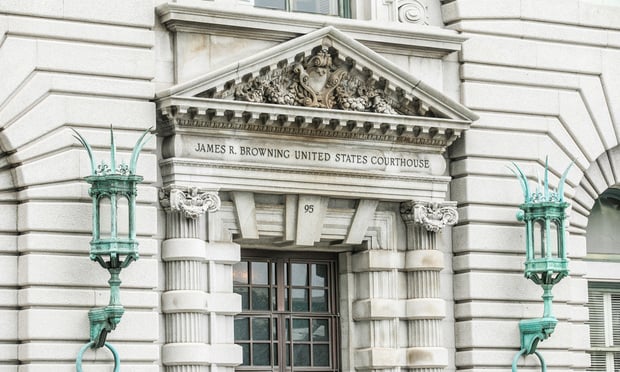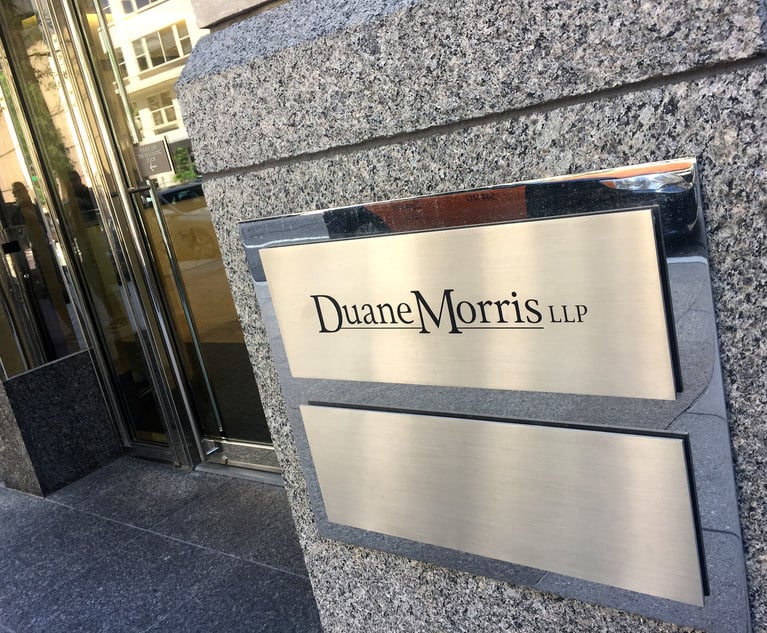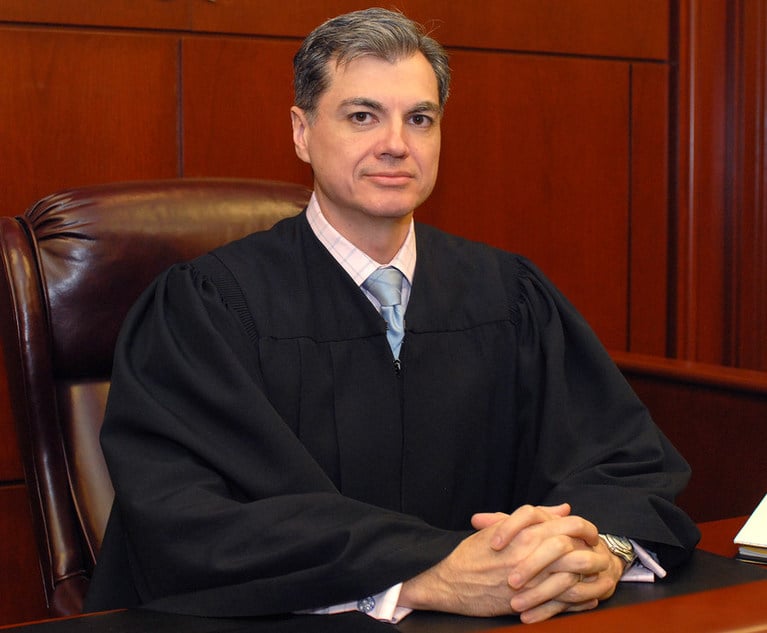Order may soon return to the chaotic world of federal clerk hiring.
A two-year pilot program put together by four chief circuit court judges is underway, with the goal of reining in the current Wild West atmosphere around federal clerk hiring that has prevailed since the previous hiring plan fell apart in 2014.

 U.S. Court of Appeals for the Ninth Circuit. Photo: Jason Doiy/ALM
U.S. Court of Appeals for the Ninth Circuit. Photo: Jason Doiy/ALM








